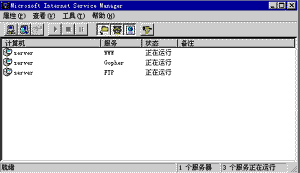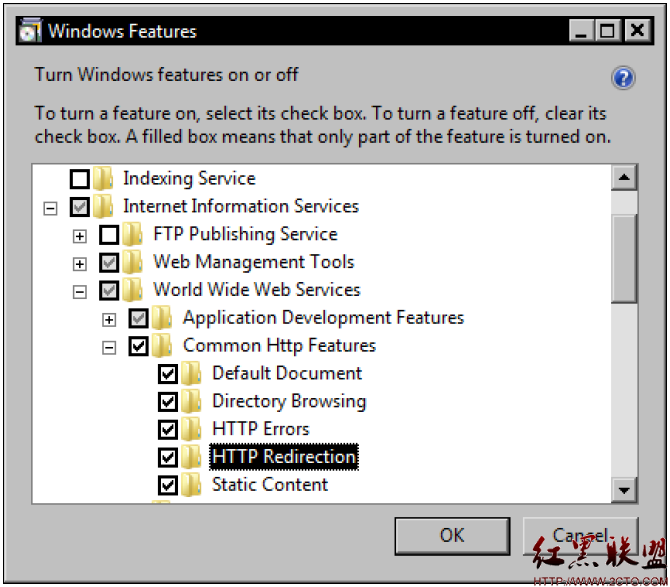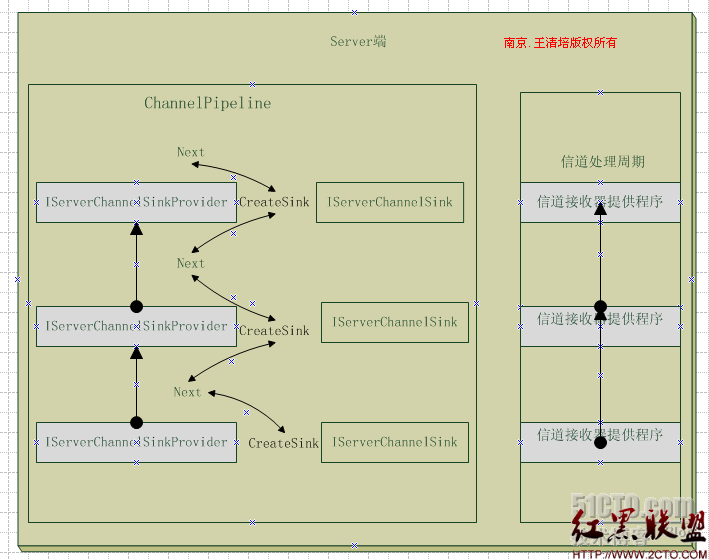答案:Server Side Includes:
Experienced JavaScript programmers know that code reuse is good. Experienced JavaScript programmers also know that JavaScript functions are data types.
So, we should be able to store a JavaScript function inside a Session Variable or an Application Variable, right? Unfortunately, no. The way to reuse JavaScript functions across many pages is to use SSI: Server Side Includes.
<%@LANGUAGE="JavaScript"%> <HTML> <HEAD> <!--#include file="script13a.asp"--> <TITLE><% Response.Write( whatTimeIsIt() ) %> </TITLE> </HEAD> <BODY> <% Response.Write("The date and time are " + DateTime + "<BR><BR>\r") Response.Write("Tomorrow's date is " + Tomorrow + "<BR><BR>\r") Response.Write("Tomorrow will be a " + findDayOfWeek(Tomorrow) + "\r") %> </BODY> </HTML>Click Here to run the script in a new window.
Look at the code for script13.asp. It calls for an include file via this line:
<!--#include file="script13a.asp"--> I'll let you see the include file in a moment. But first, I reprinted the client-side code directly below.<HTML> <HEAD> <TITLE>10:57:20 AM </TITLE> </HEAD> <BODY> The date and time are 4/11/2003 10:57:20 AM<BR><BR> Tomorrow's date is 4/12/2003<BR><BR> Tomorrow will be a Saturday </BODY> </HTML>The final HTML code looks so nice and 易做图. You'd never know that the Date() object had been torn down and put back together. Below is the include file.
<% function whatTimeIsIt() { var m=new Date() var minute=m.getMinutes() var second=m.getSeconds() var ampm=false if (minute >=0 && minute < 10) { minute=("0" + minute) } if (second >= 0 && second < 10 ) { second=("0" + second) } var hours=m.getHours() if (hours > 12) { ampm=true hours=hours-12 } if (hours==12) { ampm=true } if (hours == 0) { hours=hours+12 ampm=false } if (ampm) { ampm=" pm" } else { ampm=" am" } var myTime=hours + ":" + minute + ":" + second + ampm return myTime; } var DateTime = new Date(); var Month = (DateTime.getMonth() + 1) + "/"; var Day = DateTime.getDate() + "/"; var Year = DateTime.getFullYear(); var DateTime = Month + Day + Year + " " + whatTimeIsIt(); var Tomorrow=new Date() Tomorrow.setDate(Tomorrow.getDate() + 1) Month = (Tomorrow.getMonth() + 1) + "/" Day = Tomorrow.getDate() + "/" Year = Tomorrow.getFullYear() Tomorrow = Month + Day + Year function findDayOfWeek(DateInQuestion) { // format for DateInQuestion is mm/dd/yyyy or m/d/yyyy // and presumes the /'s are present. myRegExp=/\d{1,2}\// myMonth=(parseInt(DateInQuestion.match(myRegExp)) -1) myRegExp=/\/\d{1,2}\// myDay=new String(DateInQuestion.match(myRegExp)) myDay=parseInt( myDay.substring(1,myDay.length) ) myRegExp=/\/\d{4}/ myYear=new String(DateInQuestion.match(myRegExp)) myYear=parseInt( myYear.substring(1,myYear.length) ) DateInQuestion=new Date(myYear,myMonth,myDay) DayOfWeek=new Array DayOfWeek[0]="Sunday" DayOfWeek[1]="Monday" DayOfWeek[2]="Tuesday" DayOfWeek[3]="Wednesday" DayOfWeek[4]="Thursday" DayOfWeek[5]="Friday" DayOfWeek[6]="Saturday" DayOfWeek=DayOfWeek[DateInQuestion.getDay()] return DayOfWeek; } %>Imagine that you had 50 pages that all need whatTimeIsIt(), findDayOfWeek(), DateTime, and Tomorrow. You wouldn't want 50 different copies of these functions and variables. No, you would rather have a single copy of these items so that you could manipulate the single copy and execute your updates to all 50 pages at once.
Now you know how to do that.
Moving Forward:
This concludes Section 03. Next up Server and Error objects in Section 04.
上一个:随机增加网站点击的一个不错的方法 原创
下一个:javascript asp教程第四课 同时使用vbscript和javascript
- 更多asp疑问解答:
- asp正则过滤重复字符串的代码
- 用asp过滤全部html但保留br类似的符号
- 会asp,但感觉asp要过点,想学php。但我一般做的都是小公司的站,用access数
- PHP的空间可以用ASP的源代码吗?
- 以前做asp程序,现在应该怎样发展?是学.net还是php
- 以前做asp程序,现在应该怎样发展?是学.net还是php
- 想做一个市级的人才网acess,sql数据库,语言asp,jsp,php分别用哪种好
- jsp,asp,php 区别
- 我想找一个有比较多漏洞的网站的源码,比如可以asp,php注入等都可以。供学习研究用。请提供下载地址。。
- 现在候找人做个网站,用ASP,还是PHP语言去做好
- asp,php ,jsp,.net 对于做网站前台的重要吗?
- asp和php的区别是什么?
- 我是新手SEO菜鸟 请问wp dw php asp cms myspl dede 这些软件应该如何区分呀?
- 网页制作相关的三种语言:ASP JSP PHP那个好点,简单点?
- 网页制作相关的三种语言:ASP JSP PHP那个好点,简单点?





